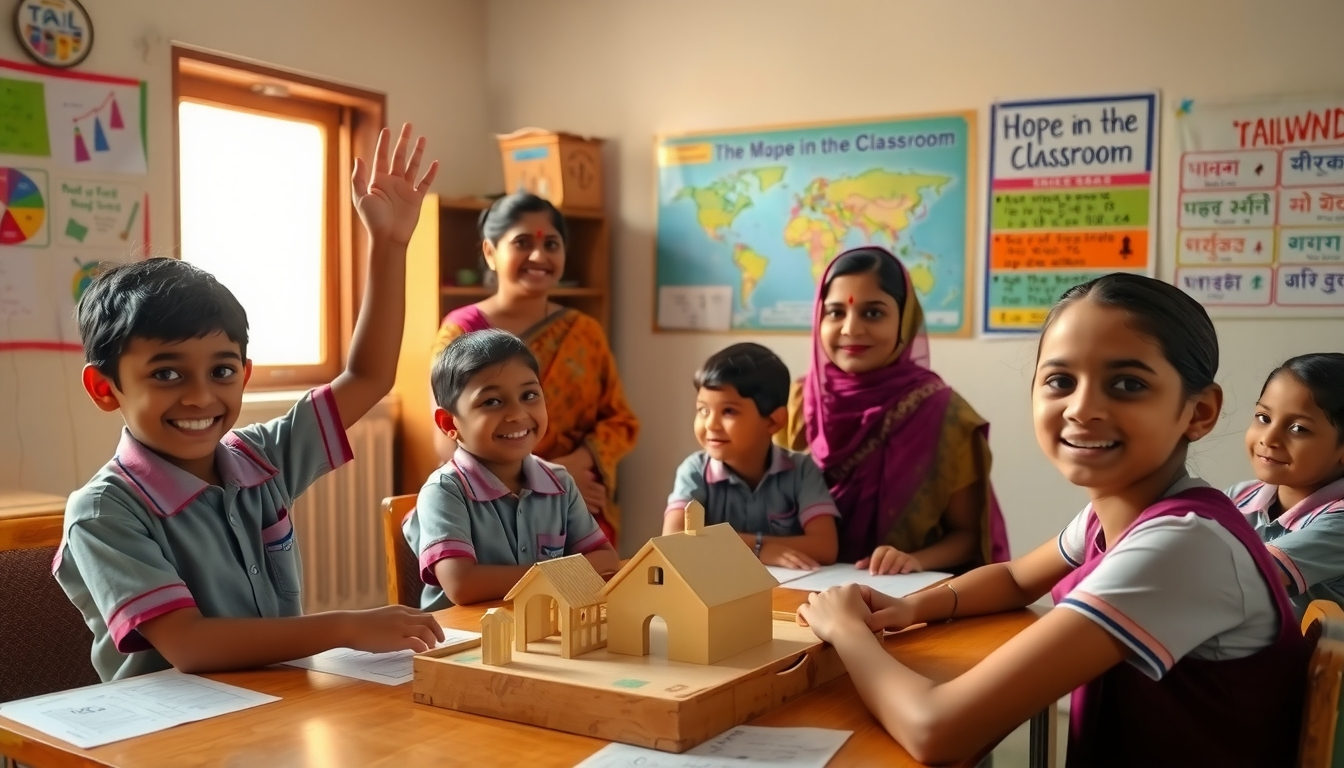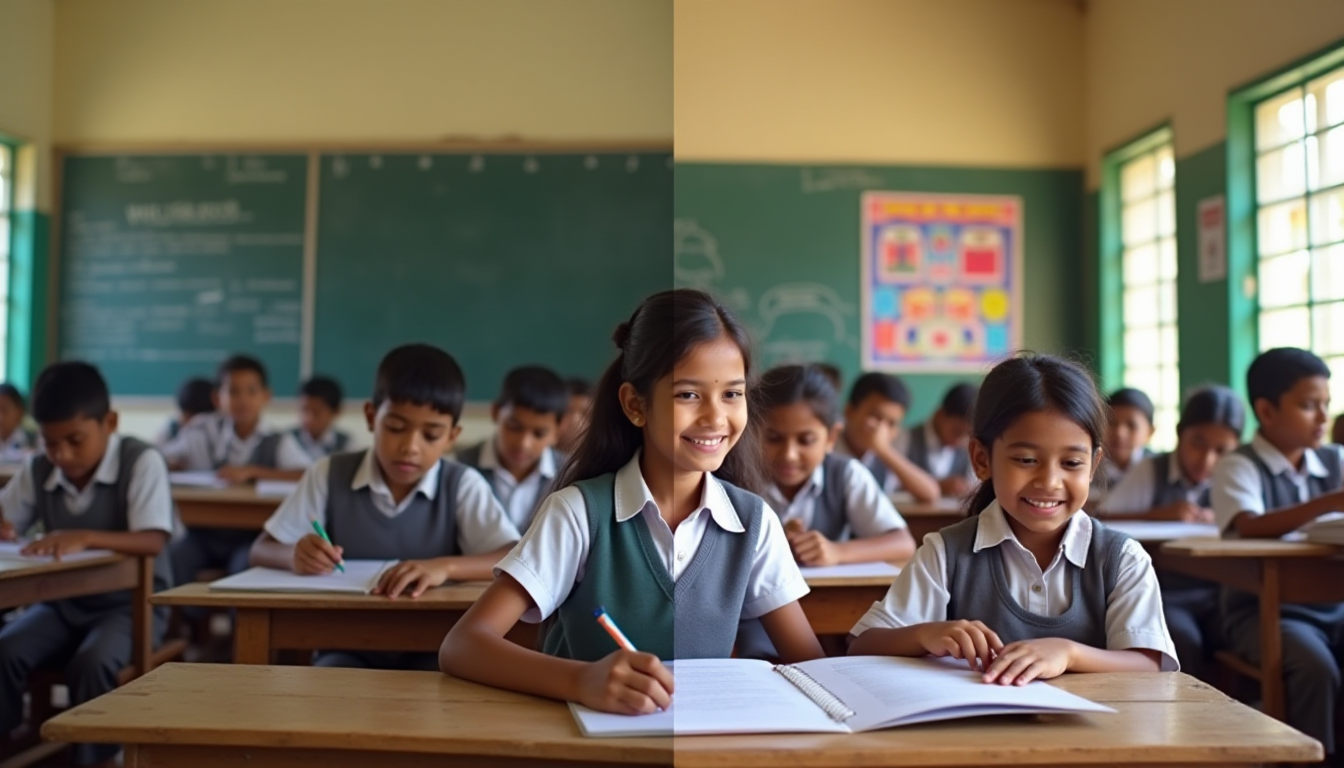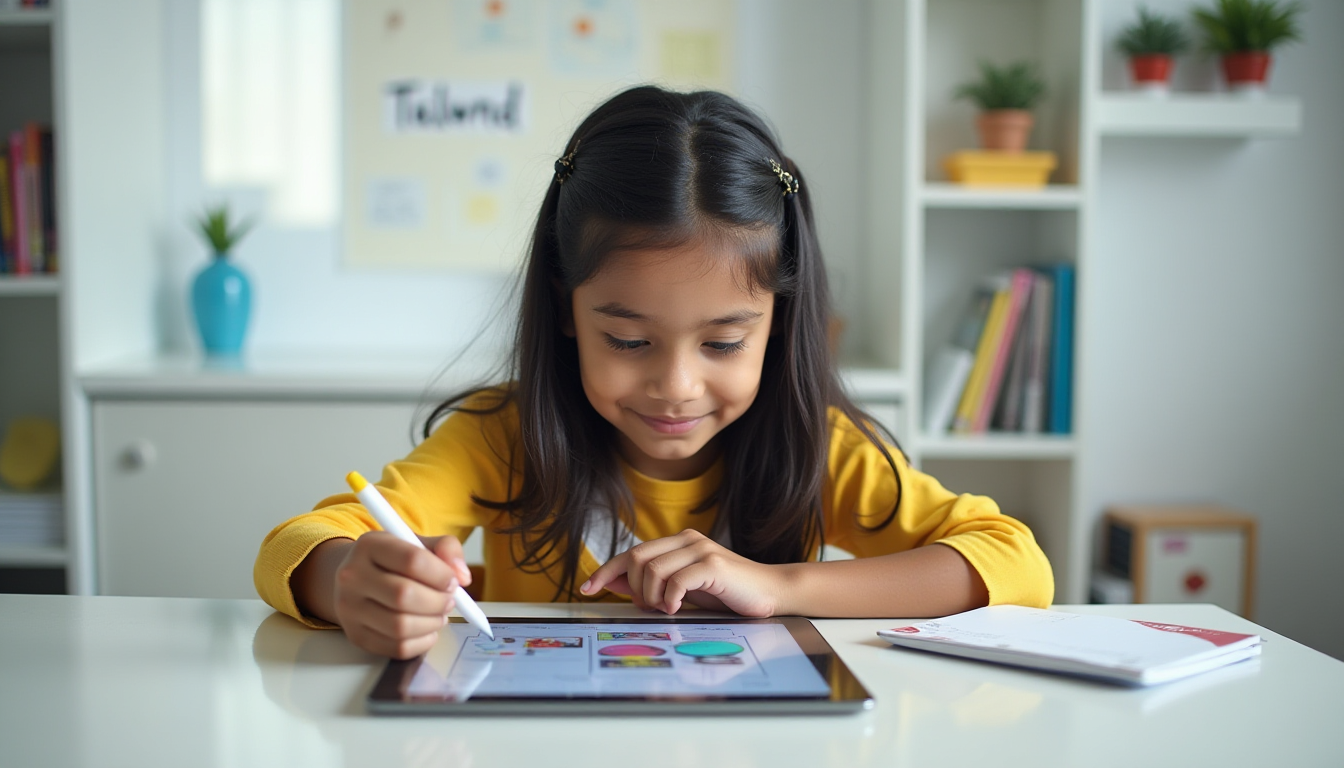Hope in the Classroom: Why Education Still Matters in Bharat

These days, it’s easy to feel discouraged about the state of education. Teachers are stretched thin. Parents are overwhelmed. Children are burdened with tests, tuitions, and the pressure to perform. The noise of cut-offs, board results, and competitive exams drowns out the real purpose of learning.
And yet—hope lives. Not the sugar-coated kind, but the quiet, persistent kind that grows even in hard soil.
Hope Lives in the Classroom
Across Bharat—in government schools in rural Odisha, in bustling classrooms of Mumbai, in small learning centres in the Northeast—something powerful is happening.
Teachers, even with limited resources, are finding ways to light up young minds. Parents are stepping up to support their children’s dreams, even when they themselves may not have finished school. And students, despite every challenge, are showing a hunger to learn, ask questions, and dream big.
They’re not waiting for the system to change. They are changing what they can, where they are.
The Quiet Revolution
We often talk about how our education system feels like a factory—same syllabus, same question papers, same definitions of “success.”
But there are teachers who are quietly building something different—something better. A teacher in Jharkhand starts the day with a class circle, where students can talk about how they feel. A school in Karnataka introduces project-based learning where children explore real-world problems. A principal in Punjab removes fear from classrooms by removing ranks and focusing on growth.
They don’t make headlines. But they’re bringing purpose back into learning.
Students Are Speaking Up
From climate activism to entrepreneurship, today’s children are showing that they want learning to matter. They want to solve problems, create change, and shape their future.
When given a little freedom, children do magical things. The child who never spoke in class becomes a confident presenter in a science exhibition. The girl who struggled with writing now starts a school magazine. The boy bored by math suddenly thrives when given a real-world puzzle to solve.
All they needed was someone to believe in them—and space to try.
Technology, When Used Right, Can Help
The real power of technology in education isn’t in fancy gadgets or dashboards. It’s in freeing teachers from mundane tasks—so they can focus on building relationships, noticing what a child needs, and guiding them with care.
Apps that adapt to a child’s pace. Tools that support local languages. Platforms that help teachers plan and track progress. These are not replacements for teachers—they’re allies.
Let’s be clear: No robot can replace the warmth of a teacher who truly sees a child. But if technology can remove some of the load, teachers can do more of what matters most.
Purpose is the Anchor
Educators who are thriving aren’t doing so because their schools are perfect. They’re thriving because they’ve reconnected with why they teach. They see every lesson, every small breakthrough, as part of a larger mission—to shape lives.
When your ‘why’ is strong, the red tape, paperwork, and pressure don’t go away. But they stop defining your day. Purpose becomes your compass.
Small Wins, Big Impact
Not every success is dramatic. Sometimes, hope is just the child who says, “I want to come to school tomorrow.” Or the parent who says, “My child is happy again.” Or the teacher who says, “Today, they finally understood.”
These may seem small. But in a world full of distractions and discouragement, these are victories worth celebrating.
We Can’t Afford to Give Up
Let’s not pretend everything is fine. It isn’t. Our education system needs major reform. But if we only focus on what’s broken, we lose sight of what’s still working—and what’s still possible.
We don’t need to wait for policy to change or exams to vanish. Change can start in the next class, the next question we ask a child, the next moment we choose hope over helplessness.
Across Bharat, there are thousands of educators who are not giving up. They are building new paths, brick by brick, day by day. And parents who are partnering in learning, even without perfect internet or ideal homes.
The Future Belongs to the Hopeful
Hope in education is not about ignoring the problems. It’s about believing that what we do still matters—deeply.
It’s about showing up, every day, and saying: This child is worth it.
This work is worth it.
And it is. Because the future of our children—and our country—depends on it.





